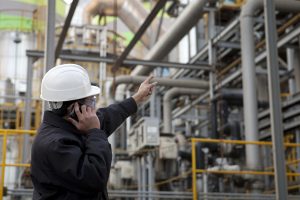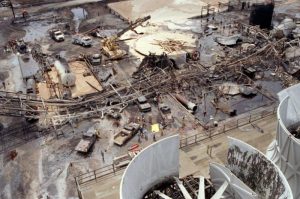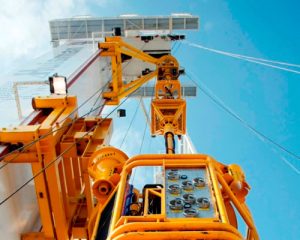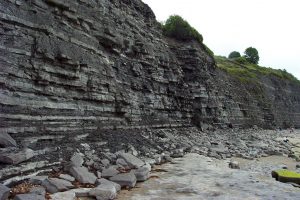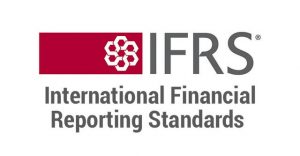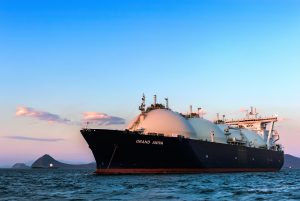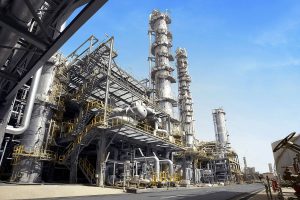What is HAZOP?
A Hazard and Operability (HAZOP) study is a structured and systematic review of an existing process or operation to identify and evaluate risks to personnel or equipment. A HAZOP study is done to review and pick up design and engineering issues that may otherwise not have been known. The HAZOP team lists potential causes and consequences from these issues. If existing safeguards fail to meet the criteria, the team recommends the action be taken to reduce the risk. HAZOP’s meticulous approach is commonly used with chemical production and piping systems. Objectives of carrying out a HAZOP study are:…
Read More3 Lethal Process Safety Incidents
Major industrial process safety incidents highlight the need for good process safety management (PSM) systems in place within the oil and gas and petrochemical industry. Industrial incidents caused by failures of PSM systems are deadly and costly. For example, a fire and explosion accident at a PEMEX LPG terminal in Mexico City, left 600 dead and 7,000 injured. These incidents serve as an important reminder for companies to constantly review and improve safety protocols and equipment to be prepared in the event of dire emergency situations. ARCO wastewater tank explosion A wastewater tank exploded during the restart of a…
Read MoreIntroduction to Drilling and Completion and Well Intervention (CWI)
With over 5,000 oil and gas wells globally, well intervention is used to extend the life of wells and keep up with the rising demand for oil and gas. All oil and gas wells require maintenance over time, and well intervention helps repair damaged and underperforming wells. Well intervention is executed by light or medium intervention vessels or mobile offshore drilling units (MODU). There are two types of interventions – light and heavy. Light interventions involve well service personnel to perform repairs inside a flowing oil or gas production line throughout the whole well. This is done by…
Read MoreAsia Pacific Region Contains Abundant, Untapped Reservoirs of Source Rocks
Recent developments and discovery of source rocks in the Asia Pacific region presents a renewed interest in maximising and increasing efforts in exploration and production projects in the industry. As shale gas is produced by the extraction of source rocks in sedimentary basins and shale gas plays, being able to correctly locate it via subsurface source rock mapping methodologies in basins is a huge economical opportunity. Countries such as Malaysia, China, India, Pakistan, Indonesia, and Thailand all contain an abundance of reservoirs, and more study is required to unlock these reserves. What are source rocks? In petroleum geology,…
Read MoreRisk Management by Systems Thinking
What is systems thinking? Systems thinking refers to the understanding that different parts of a system can influence one another within a whole. The difference between systemic thinking and analytical thinking is the difference in relationship between the different parts of a system. Systemic thinking requires multiple skill sets and garners a holistic view of the system, while analytical thinking requires the breaking down of a system into simpler parts to examine how each part works together. Systems thinking today In today’s modern world, the increase in communication and accessibility of information poses a different set of risks for business.…
Read MoreWhat You Need To Know About IFRS 9
The International Financial Reports Standards (IFRS) are a set of accounting standards being implemented by countries, which are gradually replacing the previous International Accounting Standards (IAS). IFRS 9 specifies how an entity should classify and measure financial assets, financial liabilities, and some contracts to buy or sell non-financial items. Their introduction calls for a major change in accounting procedures for financial institutions, of which is effective for annual periods from 1 January 2018 onwards. IFRS 9 requires an entity to recognise a financial asset or a financial liability in its statement of financial position when it becomes party to the contractual provisions of…
Read MoreUnderstanding LNG Vessel Bunkering
LNG bunkering is the process of transferring liquefied natural gas (LNG) to a ship for use as fuel. One key advantage of LNG is that it is a cleaner alternative than marine gas oil or heavy fuel oil. The increased environmental regulatory pressure has increased LNG’s popularity, especially due to the lower sulphur content of LNG than marine bunker fuel. Being naturally abundant as well, the industry forecasts a stable price for LNG fuel and is commercially viable. With the rise in LNG in recent years, it is no surprise there will be an estimated 1000 LNG-fuelled vessels…
Read MoreLNG Ship to Ship Transfer Guidelines
Liquified Natural Gas (LNG) vessel transfers, or ship-to-ship (STS) transfers, have been on the rise following the first commercial operation of this type in 2007. As do with all transfer operations, standard precautions and guidelines need to observed by well-trained personnel. Here are some LNG vessel transfer guidelines. One of the procedures before bunkering includes the following: Safety zone on receiving ship activated and checked Fire equipment on both ships checked and ready for use Personal protection equipment on both ships checked and prepared for use ESD system on both ships checked and ready for use LNG Tank System…
Read MoreUnderstand Safety Case Regime Singapore
The Ministry of Manpower (MOM) Singapore announced the Safety Case Regime legislation where all Major Hazards Installation (MHI) companies are required to submit a Safety Case to demonstrate how risks from major accident hazards can be reduced to as low as reasonably practicable (ALARP). Key players from MHI industry players and Singapore Chemical Industry Council supported the launch of Safety Case Regime to aid the industry in creating a safer and healthier workplace environment in Singapore. The definition of a workplace as an MHI depends on the nature of work activities and the inventory levels of the dangerous substances…
Read MoreBenefits of a Certified International Project Manager
For a project manager, achieving certification is a big asset and lends credibility to your title. Especially in today’s global business world, organisations are looking for a project manager who has a good understanding of the international environment and recognises the implications on project costs, project risks, project timeline, stakeholders and more. Therefore, gaining an internationally-relevant accreditation has many benefits to your employability, credibility and relevancy in today’s workforce. Better Job Opportunities Project management is an evergreen need in the workplace, with 85% of firms having a Project Management Office (PMO) in 2016, up 5% from 2014. This…
Read More
